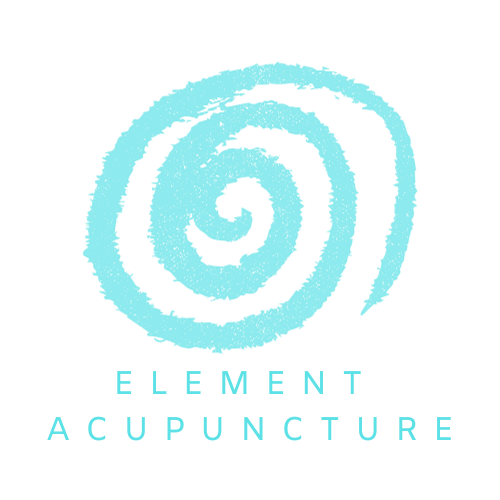“Acupuncture is the world’s most widely used type of traditional and complementary medicine.”
Acupuncture for Body & Self-Care
What are the benefits of Acupuncture?
The World Health Organisation recommends acupuncture for these diseases, symptoms or conditions, because acupuncture has been ‘prove[d] – through controlled trials – to be an effective treatment’:
Adverse reactions to radiotherapy and/or chemotherapy
Allergic rhinitis (including hay fever)
Biliary colic
Depression (including depressive neurosis and depression following stroke)
Dysentery, acute bacillary
Dysmenorrhoea, primary
Epigastralgia, acute (in peptic ulcer, acute and chronic gastritis, and gastrospasm)
Facial pain (including craniomandibular disorders, TMJ, Bells Palsy)
Headache
Hypertension, essential
Hypotension, primary
Induction of labour, pregnancy support
Knee pain, musculoskeletal, joint pain
Leukopenia
Low back pain
Malposition of fetus, correction of, Breech baby
Morning sickness, pregnancy support
Nausea and vomiting
Neck pain, shoulder pain
Pain in dentistry (including dental pain and temporomandibular dysfunction, TMJ)
Periarthritis of shoulder
Postoperative pain
Renal colic
Rheumatoid arthritis
Sciatica
Sprain
Stroke
Tennis elbow
Diseases, symptoms or conditions for which The World Health Organisation recommends acupuncture because its therapeutic effect has been shown, although further proof is needed:
Abdominal pain (in acute gastroenteritis or due to gastrointestinal spasm)
Acne vulgaris
Alcohol dependence and detoxification
Bell’s palsy
Bronchial asthma
Cancer pain
Cardiac neurosis
Cholecystitis, chronic, with acute exacerbation
Cholelithiasis
Competition stress syndrome
Craniocerebral injury, closed
Diabetes mellitus, non-insulin-dependent
Earache
Epidemic haemorrhagic fever
Epistaxis, simple (without generalised or local disease)
Eye pain due to subconjunctival injection
Female infertility
Facial spasm
Female urethral syndrome
Fibromyalgia and fasciitis
Gastrokinetic disturbance
Gouty arthritis
Hepatitis B virus carrier status
Herpes zoster (human (alpha) herpes virus 3)
Hyperlipaemia
Hypo-ovarianism
Insomnia
Labour pain
Lactation, deficiency
Male sexual dysfunction, non-organic
Ménière disease
Neuralgia, post-herpetic
Neurodermatitis
Obesity
Opium, cocaine and heroin dependence
Osteoarthritis
Pain due to endoscopic examination
Pain in thromboangiitis obliterans
Polycystic ovary syndrome (Stein–Leventhal syndrome)
Postextubation in children
Postoperative convalescence
Premenstrual syndrome
Prostatitis, chronic
Pruritus
Radicular and pseudoradicular pain syndrome
Raynaud syndrome, primary
Recurrent lower urinary-tract infection
Reflex sympathetic dystrophy
Retention of urine, traumatic
Schizophrenia
Sialism, drug-induced
Sjögren syndrome
Sore throat (including tonsillitis)
Spine pain, acute
Stiff neck
Temporomandibular joint dysfunction
Tietze syndrome
Tobacco dependence
Tourette syndrome
Ulcerative colitis, chronic
Urolithiasis
Vascular dementia
Whooping cough (pertussis)
Diseases, symptoms or conditions for which only individual controlled trials report some therapeutic effects. The World Health Organisation recommends acupuncture for these when treatment by conventional and other therapies is difficult:
Chloasma
Choroidopathy, central serous
Colour blindness
Deafness
Hypophrenia
Irritable colon syndrome
Neuropathic bladder due to spinal cord injury
Pulmonary heart disease, chronic
Small airway obstruction
Further research below:
-
in a 2021 study, Effectiveness of Acupuncture on Anxiety Disorder, Yang et al, found that:
“acupuncture therapy aimed at reducing anxiety in patients with GAD has certain beneficial effects compared to controls.”
-
Research by Healthcare Medicine Institute on effects of Acupuncture on High Blood Pressure
-
In a study, Effectiveness of acupuncture on pregnancy success rates for women undergoing in vitro fertilization, Guven et al, observed that:
“three sessions of acupuncture before and after ET (embryo transfer) significantly increased the pregnancy rates in women with unexplained infertility. It was also found that acupuncture significantly reduced anxiety levels that occurred before ET.”
-
In the 2020 study, Effectiveness and safety of Acupuncture for Migraine, Li et al, found,
“based on high quality of evidence, we conclude that acupuncture is more effective and safer than medication.”

